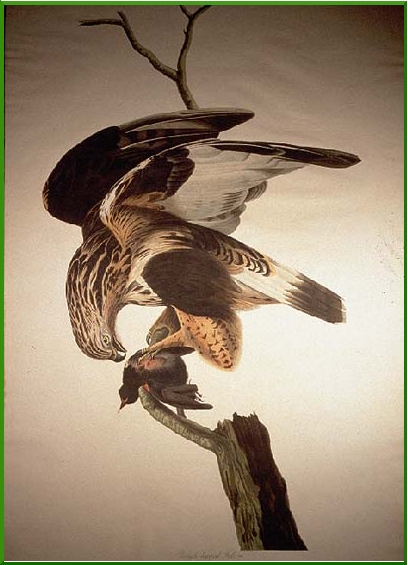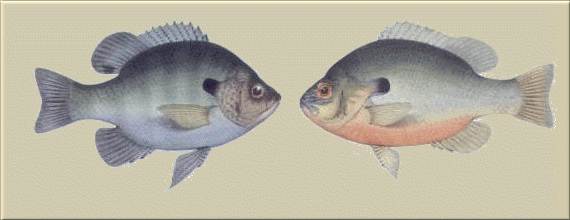
Volume 14

August, 1860 - 1861




Many people have a foolish way of talking about small things, and apologize for themselves or another for having attended to a small thing, having neglected their ordinary business and amused or instructed themselves by attending to a small thing; when, if the truth were known, their ordinary business was the small thing, and almost their whole lives were misspent, but they were such fools as not to know it.
This haste to kill a bird or quadruped and make a skeleton of it, which many young men and some old ones exhibit, reminds me of the fable of the man who killed the hen that laid golden eggs, and so got no more gold. It is a perfectly parallel case. Such is the knowledge which you may get from the anatomy as compared with the knowledge you get from the living creature.
The scientific differs from the poetic or lively description somewhat as the photographs, which we so weary of viewing, [differ] from paintings and sketches, though this comparison is too favorable to science. All science is only a makeshift, a means to an end which is never attained.
Who describes the most familiar object with a zest and vividness of imagery as if he saw it for the first time, the novelty consisting not in the strangeness of the object, but in the new and clearer perception of it?
While the man that killed my lynx (and many others) thinks it came out of a menagerie, and the naturalists call it the Canada lynx, and at the White Mountains they call it the Siberian lynx -- in each case forgetting or ignoring that it belongs here -- I call it the Concord lynx.

How often you make a man richer in spirit in proportion as you rob him of earthly luxuries and comforts!
Do not think that the fruits of New England are mean and insignificant, while those of some foreign land are noble and memorable. Our own, whatever they may be, are far more important to us than any others can be. They educate us, and fit us to live in New England. Better for us is the wild strawberry than the pineapple, the wild apple than the orange, the hazelnut or pignut than the coconut or almond, and not on account of their flavor merely, but the part they play in our education.
The less you get, the happier and the richer you are. The rich man's son get coconuts, and the poor man's pignuts; but the worst of it is that thew former never went a-coconutting, and so he never gets the cream of the coconut as the latter does the cream of the pignut.
Yet, though money can buy no fine fruit whatever, and we are never made truly rich by the possession of it, the value of things generally is commonly estimated by the amount of money they will fetch. A thing is not valuable -- e.g., a fine situation for a house -- until it is convertible into so much money, that is, can cease to be what it is and becomes something else which you prefer. So you will see that all prosaic people who possess only the commonest sense, who believe strictly in this kind of wealth, are speculators in fancy stocks and continually cheat themselves, but poets and all discerning people, who have an object in life and know what they want, speculate in real values.
We hear a good deal about moonshine by so-called practical people, and the next day, perchance, we hear of their value, they having been dealing in fancy stocks; but there really never is any moonshine of this kind in the practice of poets and philosophers; there never are any hard times or failures with them, for they deal with permanent values.

How few ever get beyond feeding, clothing, sheltering and warming themselves in this world, and begin to treat themselves as human beings -- as intellectual and moral beings!
All this is perfectly distinct to an observant eye, and yet could easily pass unnoticed by most. Thus each wind is self-registering.

















